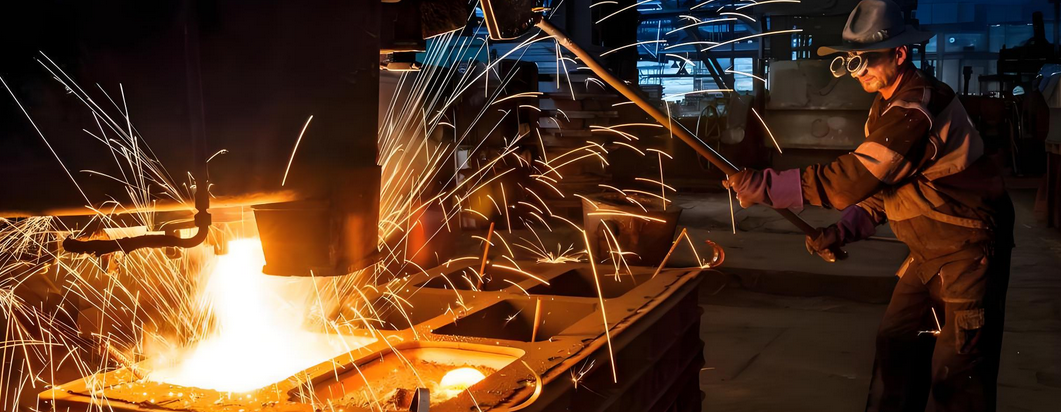
Consultation Hotline 0086-23-68460358
Online inquiryapplication
1. The application scenarios of oil filters in the steel industry mainly include the following aspects:
(1) Ironmaking blast furnace: During the ironmaking process of the blast furnace, the oil filter is used to filter hydraulic oil and lubricating oil, ensuring the normal operation of the blast furnace equipment.
(2) Steel making converter/electric furnace: During the steelmaking process, the oil filter is used to filter hydraulic oil and lubricating oil, keeping the equipment clean and running efficiently.
(3) Continuous casting machine: During the operation of the continuous casting machine, the oil filter is used to filter hydraulic oil, ensuring the stable operation of the continuous casting equipment.
(4) Various rolling equipment and auxiliary production equipment, such as power oil stations, lubricating oil stations, etc. Oil filters are used in these equipment to filter hydraulic oil and lubricating oil, extend equipment life, and reduce downtime due to malfunctions.
2. The role of oil filters in the metallurgical and steel industry
(1) Lubricating oil purification: In the metallurgical and steel industry, lubricating oil is contaminated during use, mainly including moisture, dust, metal grinding, sludge, gum, microorganisms, etc. These pollutions can cause online filters to clog, shorten the service life of filter elements, increase the cost of using enterprise filter elements, and accelerate the oxidation and degradation rate of oil products, shorten the service life of oil products, and increase the cost of using enterprise oil products.
(2) Equipment maintenance: Oil filters can effectively remove impurities from lubricating oil, ensure the safe operation of oil using equipment, reduce equipment wear and downtime, and thus lower the equipment maintenance costs of enterprises.
Application of oil filters in the steel industry
3. The technical characteristics and application effects of oil filters in the steel industry include:
(1) High precision filtration system: Adopting a multi-layer precision filter structure, it can capture particles as small as micrometers, ensuring the high cleanliness of the oil. Some models are also equipped with nanoscale filtration technology to further enhance the filtration effect.
(2) Intelligent control system: Integrated sensors and microprocessors monitor the oil status in real time, automatically adjust filtering parameters, and achieve intelligent management. Simultaneously equipped with fault warning and remote monitoring functions for easy maintenance.
(3) Anti wear additive recycling technology: Retain effective anti-wear additives in hydraulic oil during the filtration process to prevent their loss and maintain the long-term anti-wear performance of the oil.
(4) Energy saving and environmentally friendly design: Optimize the filtration process to reduce energy consumption and noise pollution. Some models are also equipped with an oil regeneration system, which restores the performance of old oil through physical or chemical methods, achieving resource recycling.


Welcome